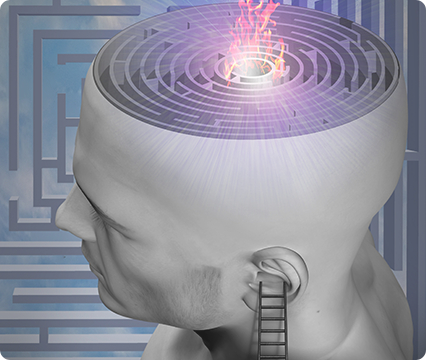Protective effects of resveratrol on mitochondrial function in the hippocampus improves inflammation-induced depressive-like behavior
Since inflammation is known to induce mitochondrial dysfunction in the nervous system, this 2017 study tested whether mitochondrial dysfunction contributes to lipopolysaccharide (LPS)-induced depression-like behavior in mice. Another goal of this study was to check if the antioxidant resveratrol alleviates inflammation-induced depressive-like behavior by preventing mitochondrial dysfunction in the hippocampus. It was found that the liposaccharide (LPS) caused mitochondrial oxidative stress and dysfunction in the mice, but these effects were attenuated by injection of the antioxidant Mito-TEMPO (targets the mitochondria). The mice treated with LPS exhibited depressive-like behaviors in the forced swimming test. It was reported that both Mito-TEMPO and resveratrol could significantly improve these depressive-like behaviors. In contrast, injecting rotenone (an inhibitor of the mitochondrial respiratory chain) induced mitochondrial oxidative stress and dysfunction in the hippocampus, resulting in depressive-like behaviors. In conclusion, resveratrol can have an antidepressant-like impact in mice showing LPS-induced depression-like behavior. This data supports the potential use of resveratrol as a future therapy agent for depression. [NPID: depression, inflammation, mitochondrial dysfunction, resveratrol, antidepressant]
Year: 2017
 Navigation
Navigation






